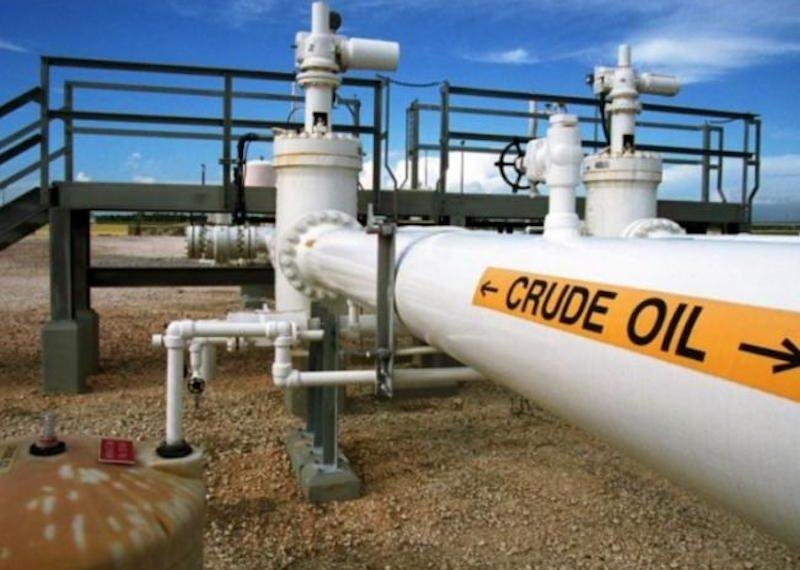The Petroleum Products Retail Outlets Owners Association of Nigeria (PETROAN) has raised the alarm over what it describes as a looming monopoly in the downstream oil sector, warning that Dangote Refinery’s fuel distribution strategy could destabilize the industry and push thousands of independent operators out of business.
With Dangote Refinery preparing to extend its fuel supply across Nigeria, PETROAN President Billy Gillis-Harry said many independent marketers are already being sidelined. According to him, the growing dominance of a single player in refining, supply, distribution, and retail could spell disaster for the country’s fuel market.
“We’re not against Dangote’s success,” Gillis-Harry said. “But no single company should control refining, supply, distribution, and retail all at once. It’s a monopoly in the making, and it puts thousands of independent operators at risk.”
He noted that over 10,000 licensed fuel retail outlets rely on an open and competitive market to survive. However, this system is now under threat, as Dangote’s integrated operations could eliminate fair access to fuel, squeeze out independent marketers, and consolidate power within a private monopoly.
Read also:
- Reps pass bill to establish Oil and Gas, Technology Institute in Egbema
- Refineries top Nigeria’s forthcoming 109 oil and gas projects in 2023
- ‘TotalElf’s East Africa, Trans-Saharan oil and gas pipelines will worsen climate crisis’
Industry insiders are calling for urgent regulatory interventions to prevent this scenario. PETROAN is demanding open access to loading depots and marine terminals, strict enforcement of anti-monopoly provisions in the Petroleum Industry Act (PIA), and pricing frameworks that allow small and medium-scale marketers to compete.
Gillis-Harry emphasized that supporting third-party logistics providers instead of relying solely on refinery-owned transport fleets is critical to preserving the sector’s balance and ensuring energy accessibility across the country.
“This isn’t about envy,” he stated. “It’s about protecting the future of the downstream sector, ensuring it remains inclusive, competitive, and sustainable, not just profitable for the biggest player.”
As the Dangote Refinery gains momentum, the debate around its influence continues to intensify. Analysts warn that unless proper checks and balances are enforced, Nigeria may be walking from a failed subsidy regime straight into a corporate fuel dictatorship.






